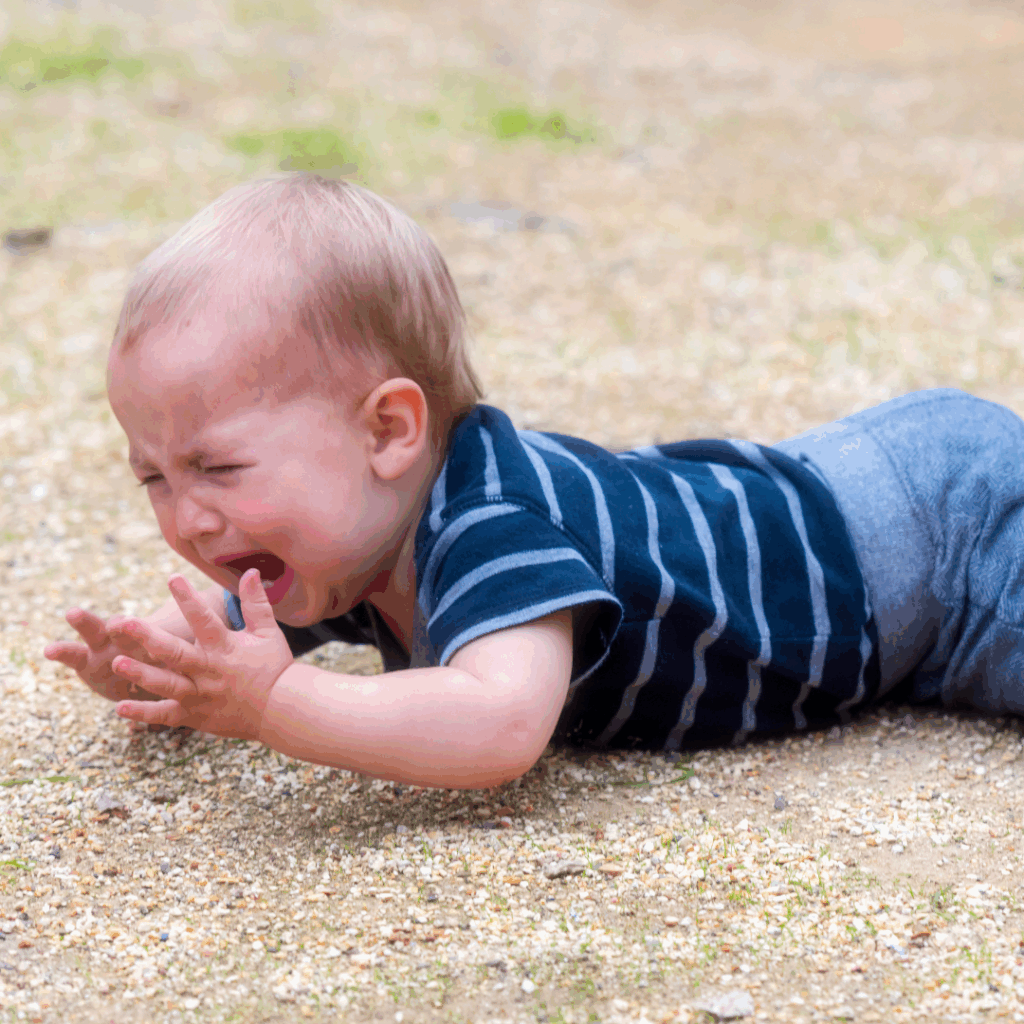Dog bites are an event no parent would wish to experience, yet they occur more frequently than many realise. The recent case of Alice Candido da Costa, who was only three years old when attacked by a dog on a farm in Limerick, serves as a poignant reminder of the risks involved. Alice sustained serious injuries, including a fractured jaw and scars that have left a lasting impact. The case was settled at the High Court for €65,000, highlighting the importance of seeking legal recourse in such traumatic situations.
If you’re a parent, understanding your legal options in the event of a dog attack is crucial. This blog explores Alice’s case, the legal framework for dog bite claims in Ireland, and what steps to take if you or your loved one are bitten by a dog.
The Case of Alice Candido da Costa
Alice and her family were living on a Limerick farm when the attack occurred in July 2022. While playing outside, Alice was bitten on the face and chest by a brown and white Collie. Her injuries required hospitalisation, surgery for a fractured jaw, and ongoing dental treatments.
The family alleged that the dog was inadequately supervised and allowed to roam unsupervised, leading to the attack. They also claimed the property owners failed to warn residents about the presence of a potentially dangerous dog. Eventually, a settlement of €65,000 was agreed upon in the High Court.
This case underscores the severe physical and emotional consequences a dog attack can have, especially for young children. It also raises critical questions about dog owner responsibilities and victim rights in Ireland.
Legal Framework for Dog Bite Claims in Ireland
Ireland has strict laws surrounding dog ownership, particularly the Control of Dogs Act 1986. This legislation imposes strict liability on dog owners, meaning they are responsible for injuries their dogs cause, regardless of prior behaviour or negligence.
Key Points of the Control of Dogs Act
- Liability: Owners are held accountable for harm caused by their dog’s behaviour. Proof of negligence is not required—only evidence that the attack occurred.
- Dog Control: Dogs must be kept under effective control at all times, particularly in public spaces. Breeds deemed “dangerous,” such as Bull Mastiffs or Rottweilers, face additional rules such as leash and muzzle requirements.
- Dog Licensing: Owners must obtain a licence for dogs older than four months.
Claiming Compensation
If you or your child is attacked by a dog, you may be entitled to compensation. Claims can cover various damages, including medical bills, psychological trauma, and long-term impacts such as scarring.
Proving liability requires demonstrating that the dog’s owner failed to control their pet. Evidence may include photos of injuries, witness statements, and medical records.
Why Dog Bite Incidents Are a Concern for Parents
According to a 2015 study, children are three to five times more likely than adults to be victims of dog attacks. This vulnerability stems from their smaller size, limited ability to fend off attacks, and natural curiosity to engage with unfamiliar dogs.
Dog attacks on children can result in not only severe physical injuries but also lasting emotional scars. For instance, Alice now experiences significant anxiety around dogs following her attack.
Further studies reveal that the number of dog bites requiring hospitalisation in Ireland has risen by more than 20% between 1998 and 2013. Despite this, many incidents go unreported or don’t lead to legal action, leaving victims without the compensation they deserve.
What Should You Do If a Dog Bites Your Child?
If your child is bitten by a dog, quick action can make all the difference. Here are the immediate steps to follow after an incident.
1. Seek Medical Attention
Dog bites can lead to infections and severe injuries. Even minor wounds may require professional cleaning to prevent complications.
2. Report the Incident
Inform local authorities such as the Gardaí or animal control. This ensures the dog owner is held accountable and prevents further incidents.
3. Collect Evidence
Document the scene, take photographs of the injury, and record witness details. These will be crucial if you decide to file a claim.
4. Consult a Solicitor
Dog bite cases can be complex. Contact a solicitor experienced in personal injury or dog bite claims to guide you through the legal process and ensure you receive fair compensation.
5. Document Expenses
Keep records of all medical bills, therapy costs, and any other financial losses incurred due to the incident. This documentation will help calculate the compensation you’re entitled to.
The Process of Making a Dog Bite Claim in Ireland
Filing a dog bite claim involves several steps to ensure the victim receives fair compensation.
1. Engage a Solicitor
A solicitor will assess your case and help compile the necessary documentation, including medical evaluations and evidence of the incident.
2. Submit Your Case to the Personal Injuries Resolution Board (PIRB)
Most personal injury claims, including dog bite cases, must first go through the PIRB for assessment. Based on the evidence and Judicial Council personal injury guidelines, PIRB will propose a compensation amount.
3. Negotiation or Court Action
If the proposed amount is unsatisfactory or liability is disputed, your solicitor can initiate court proceedings to secure a fair settlement.
Why Legal Expertise Matters
Navigating dog bite claims without expert guidance can be overwhelming. Enlisting the help of a solicitor not only improves your chances of receiving compensation but also eases the emotional burden of handling a legal case.
Why Choose HOMS Assist?
With over 55 years of expertise in personal injury law, HOMS Assist has successfully handled numerous dog bite claims. Our team is committed to supporting families through challenging times, ensuring they understand their rights and receive the compensation they deserve.
Preventing Dog Attacks – Safety Tips for Parents
While accidents can’t always be avoided, there are steps parents can take to reduce the risk of dog bites.
- Supervision: Always supervise young children around dogs, even family pets.
- Education: Teach children how to interact safely with dogs, such as avoiding sudden movements and staying away from unfamiliar dogs.
- Awareness: Recognise warning signs of aggression in dogs, such as growling or stiff body language.
- Training & Control: Encourage dog owners to train and socialise their pets, particularly around children.
Find the Support You Need
Alice’s case highlights the importance of taking legal action after a dog attack. With Ireland’s legal framework supporting victims, you don’t have to face this situation alone. Whether you need help filing a claim or understanding your rights under the law, seeking expert legal advice is the first step toward justice.
Contact HOMS Assist today for a confidential consultation with our team of personal injury solicitors. We are here to provide professional guidance and compassionate support when you need it most.









